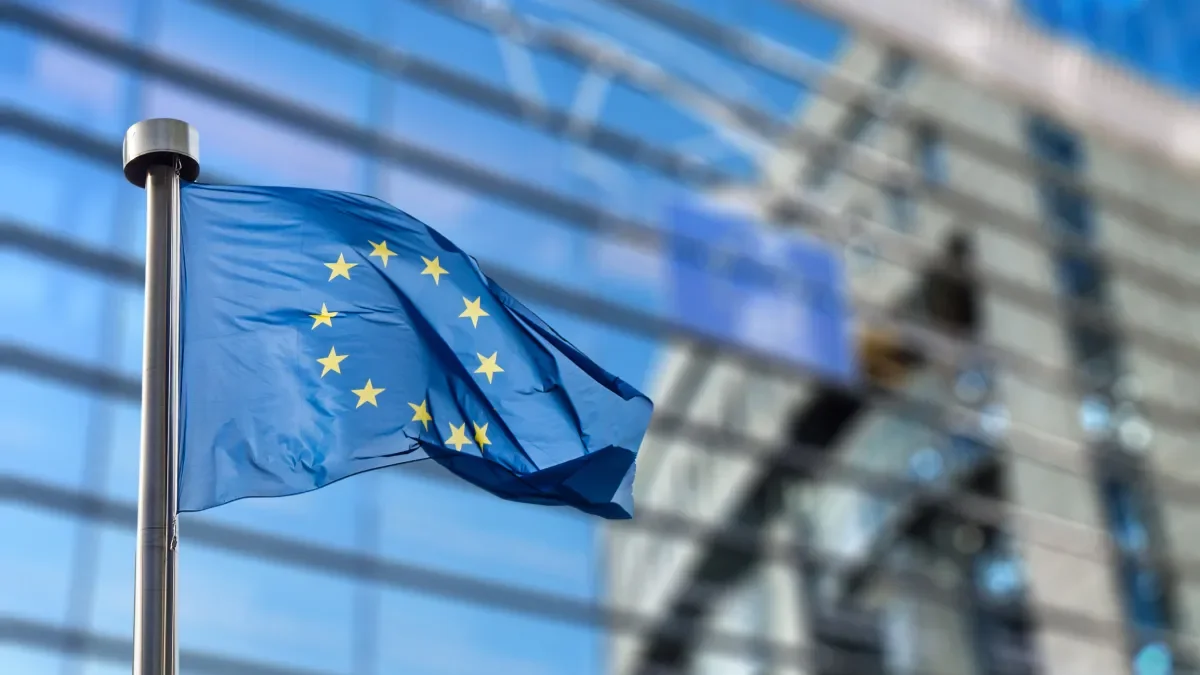

DCU and partners roll out new 3 million EU doctoral training network
This new research programme is based on the understanding that the terrorist threat the EU and its Member States face is transnational, fast-evolving and multi-faceted. It therefore calls for action and cooperation at the local, EU and global levels, which should also transcend the divide between publicly funded government agencies and private enterprise. It officially began on 1st January 2024.
The programme, titled EU-GLOCTER, will address this need by providing cross-disciplinary training to 11 doctoral candidates focused on the development of EU "glocal" counter terrorism – thinking globally, acting locally. The training will be delivered by both academic and non-academic trainers, and will deepen and widen their knowledge base in order to equip them with specialist and transferable skills. The doctoral candidates will then be able to apply and further develop these skills during their two three-month placements.
As part of the programme, DCU will be part of a consortium featuring seven other universities from across Europe. The programme also extends to sixteen 'associated partners' including institutions and private companies outside Europe.
The development of the training follows a recent recognition that recent research has placed emphasis on the role of the EU in counter-terrorism. However, existing research on EU counter terrorism has largely focused on internal dynamics and institutional issues. This is problematic because the research on radicalisation has shown that individuals may become radicalised for a wide range of reasons. In broad terms, whilst some are linked to global dynamics, which include foreign policy and geopolitical concerns, others relate to local factors, such as the perceived lack of socio-economic opportunities.
This latest development follows a series of successes for researchers from DCU's School of Law and government in delivering EU education and research initiatives. In 2022, Prof Christian Kaunert and Prof Sarah Léonard became DCU's first Jean Monnet chairs for the EUCTIRL and EUMIGSEC programmes. Kaunert and Léonard also head up DCU's EUACADEMY teacher training initiative which seeks to focus on tackling misinformation through citizenship education.
